Blog
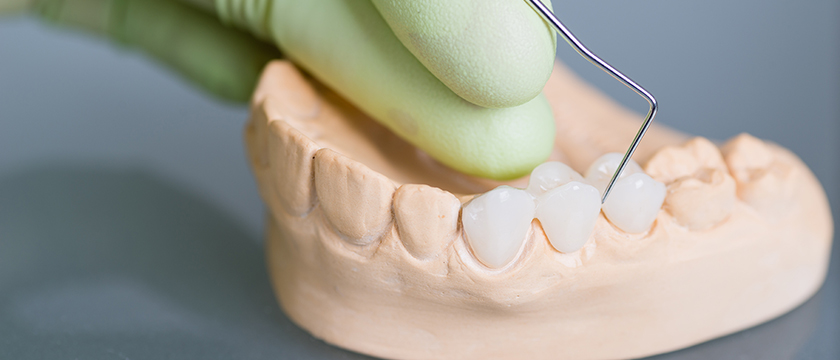 17 Dec 2023
17 Dec 2023
How to Care for Your Dental Bridge Easily
Getting a dental bridge can significantly improve your self-esteem and quality of life. However, bridges do not last forever. Proper care and maintenance are needed to keep them intact and in good condition over the years. Keep reading to learn how to care for your dental bridge and help it last as long as possible.
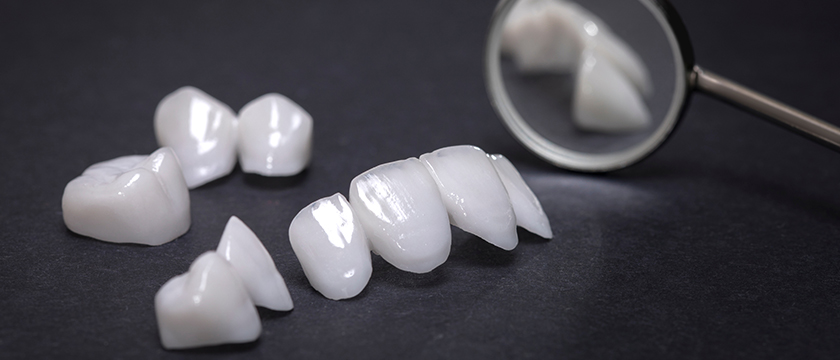 10 Dec 2023
10 Dec 2023
How to Choose the Ideal Veneers for Your Facial Features
Just like natural teeth, dental veneers come in many different sizes, colours, and shapes. Your veneers will look best if they are tailored to your unique facial features. Our guide will tell you everything you need to know about how to choose veneers that suit your face.
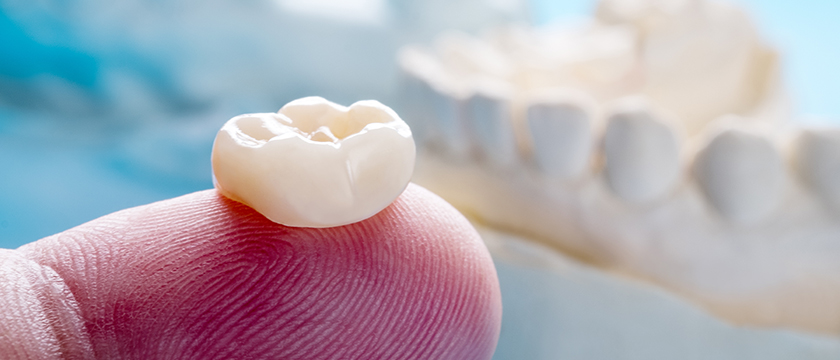 05 Dec 2023
05 Dec 2023
Types and Costs of Dental Crowns
Dental crowns are a common dental treatment used to strengthen damaged teeth and improve their aesthetics at the same time. If you are thinking about getting a dental crown yourself, you may be wondering which type is best for you and how much that crown will cost. Today, we will discuss the factors you should consider to help you make this decision and acquire a rough estimate of how much you will owe.
 10 Nov 2023
10 Nov 2023
Your Complete Guide to Tooth Cavities
Dental cavities are tiny holes that develop in the surface of your tooth’s enamel. Over time, this hole grows deeper and deeper, finally reaching the inside of your tooth and causing it to decay.
 05 Nov 2023
05 Nov 2023
Dental Implants: Guide to Aftercare and Maintenance
Getting dental implants to replace missing teeth is one of the best things you can do for your oral health and quality of life. Implants will help you speak, chew, and smile like you used to and help keep your jawbone from degrading.
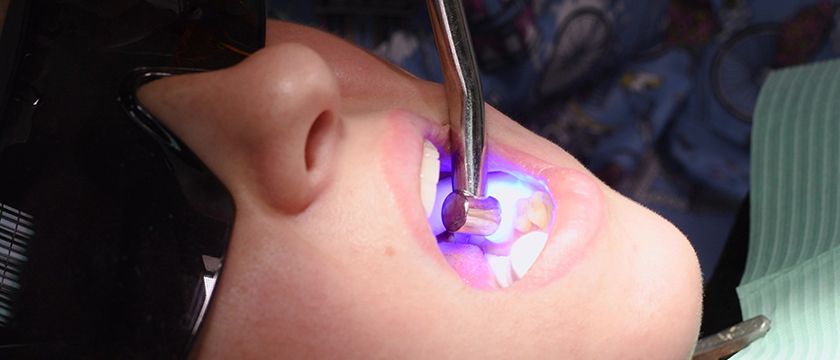 10 Oct 2023
10 Oct 2023
Dental Bonding: How to Achieve a Healthy and Bright Smile
Many people wish they could change a few small things about their smile but are not willing to undergo invasive treatments like orthodontics or crowns.
 05 Oct 2023
05 Oct 2023
Wisdom Tooth Extraction: What You Must Know Before the Visit
It is not uncommon for people to need their wisdom teeth removed. These teeth are routinely extracted with a simple oral surgery procedure that can be completed in a single visit. Our guide will answer all of your questions about this procedure, from how to prepare for the surgery to how long you can expect to spend in recovery.
 27 Sep 2023
27 Sep 2023
Possible Issues with Dental Bridges You Should Know
Dental bridges offer a simple and minimally invasive solution to the problems posed by missing teeth. While these prosthetics can restore your smile and quality of life, they do not last forever. Here are a few of the most common problems that may cause a dental bridge to fail and what you can do about them.
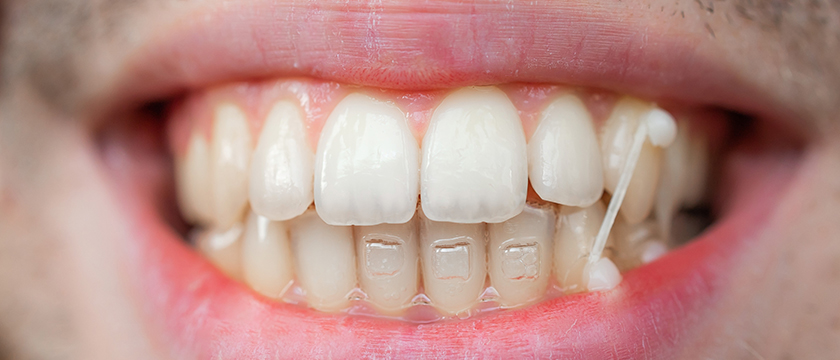 17 Sep 2023
17 Sep 2023
What are Invisalign Rubber Bands?
Invisalign treatment is an extremely popular way to achieve a beautiful, straight smile. In some cases, however, aligner trays alone are not enough to produce your desired results.
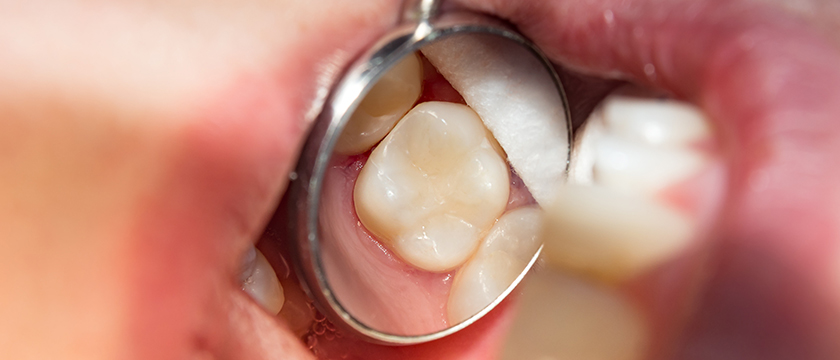 10 Sep 2023
10 Sep 2023
Are Dental Fillings Safe?
Dental fillings are the most common treatment dentists use to repair damaged or decayed teeth. Here at Trillium Smile Dentistry, we offer our patients beautiful white composite fillings that blend in perfectly with the rest of their smile. However, some patients worry that these fillings may have hidden dangers. Today, we will discuss the safety of composite fillings and discover why dentists consider them completely safe to use.
